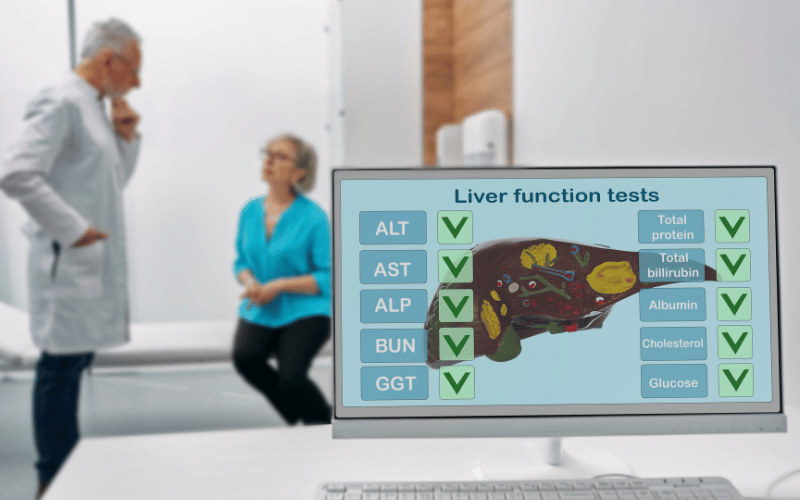Fact 6: The Underestimated Role of Liver Function

Beyond the immediate threat of the tumor itself, the liver’s overall function serves as a crucial barometer for HCC prognosis. As one of the body’s most versatile organs, handling detoxification, metabolism, and bile production, the liver’s health profoundly impacts the entire system.
When discussing liver function in the context of HCC, one cannot overlook the Child-Pugh classification. This scoring system assesses the liver’s health based on several parameters, including bilirubin levels, albumin levels, and the presence of ascites or encephalopathy. The scores derived guide physicians in staging liver disease, thereby aiding in treatment decisions.
A healthy liver, despite the presence of HCC, can better tolerate treatments, be it surgery or chemotherapy. Moreover, a well-functioning liver can regenerate, allowing for aggressive treatments that might remove significant portions of the liver tissue.
Conversely, a liver compromised by cirrhosis or other chronic diseases may limit treatment options. In these cases, even a small tumor can pose significant threats due to the liver’s reduced resilience.(6)